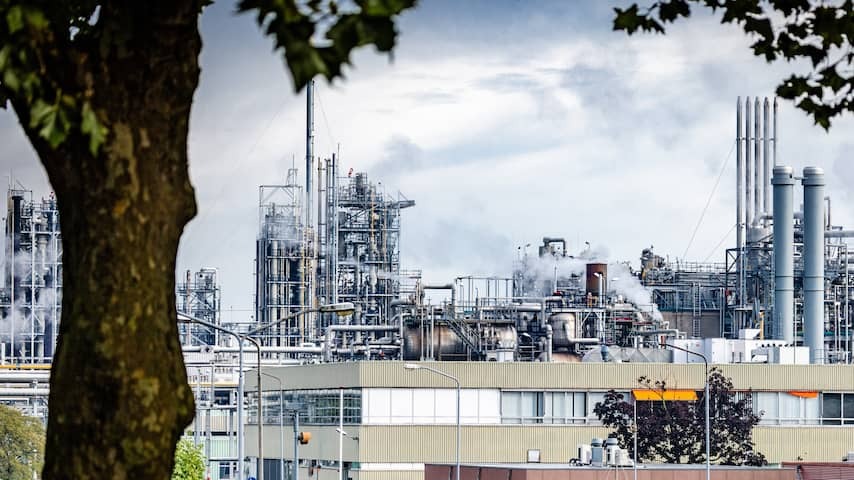
Almost everyone in the Netherlands has more PFAS in their blood than is safe, according to research by the RIVM. Larger quantities were found in residents near factories, such as in Dordrecht or around the Westerschelde.
It is the first national study in which the amount of PFAS in people’s blood has been measured. Previous calculations by the RIVM already showed that people in the Netherlands consume too much PFAS from food and drinking water. The results of the first blood test confirm those findings.
The RIVM examined nearly fifteen hundred blood samples from 2016 and 2017 from people throughout the country. In almost all blood samples, at least seven types of PFAS were found.
The researchers looked with extra interest at the values of residents near factories in Dordrecht and around the Westerschelde. These factories, Chemours near Dordrecht and 3M in Flanders, are known to emit large amounts of PFAS. Higher levels of PFAS were found in the blood of local residents than in the average resident of the Netherlands.
PFAS is a collective name for chemical substances that are used in the production of, for example, raincoats, extinguishing foam and the non-stick coating of pans. But the substances have also ended up in nature, where they hardly break down. PFAS also enters the human body through food and drinking water, among other things.
 2:59
2:59
The link with diseases is being investigated
The substances have a negative effect on the body. For example, the immune system may not function as well. The exact link between PFAS and diseases is not yet clear. But the substances are associated with various types of cancer, Parkinson’s and reduced fertility.
Therefore, it is important that the amount of PFAS in the blood decreases and falls below the limit value. The results of the research are important in order to be able to take measures, reports the RIVM.